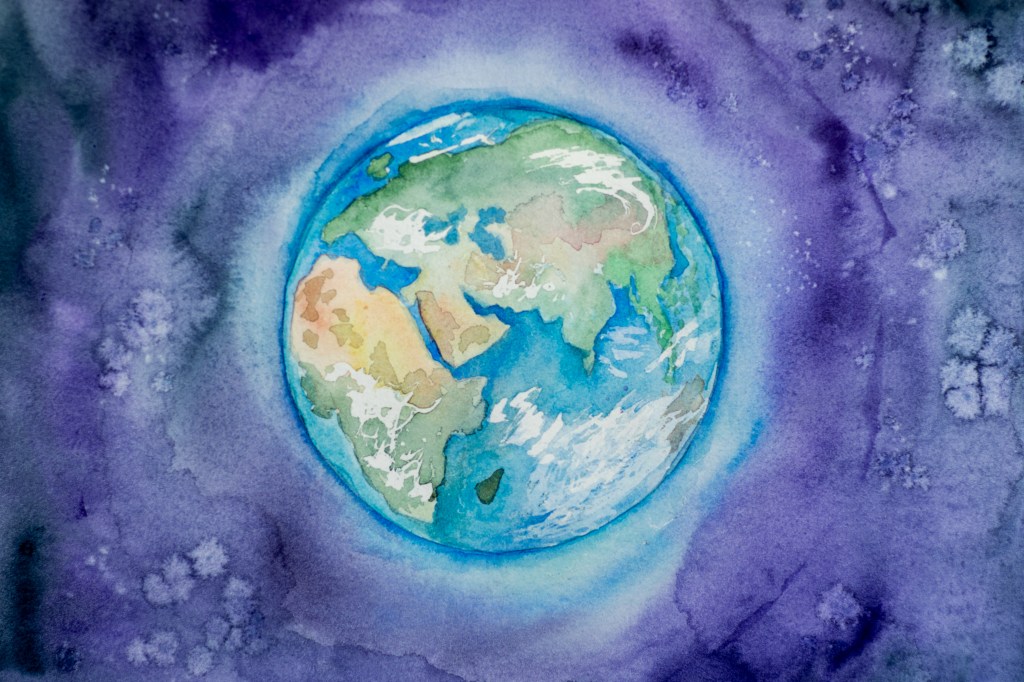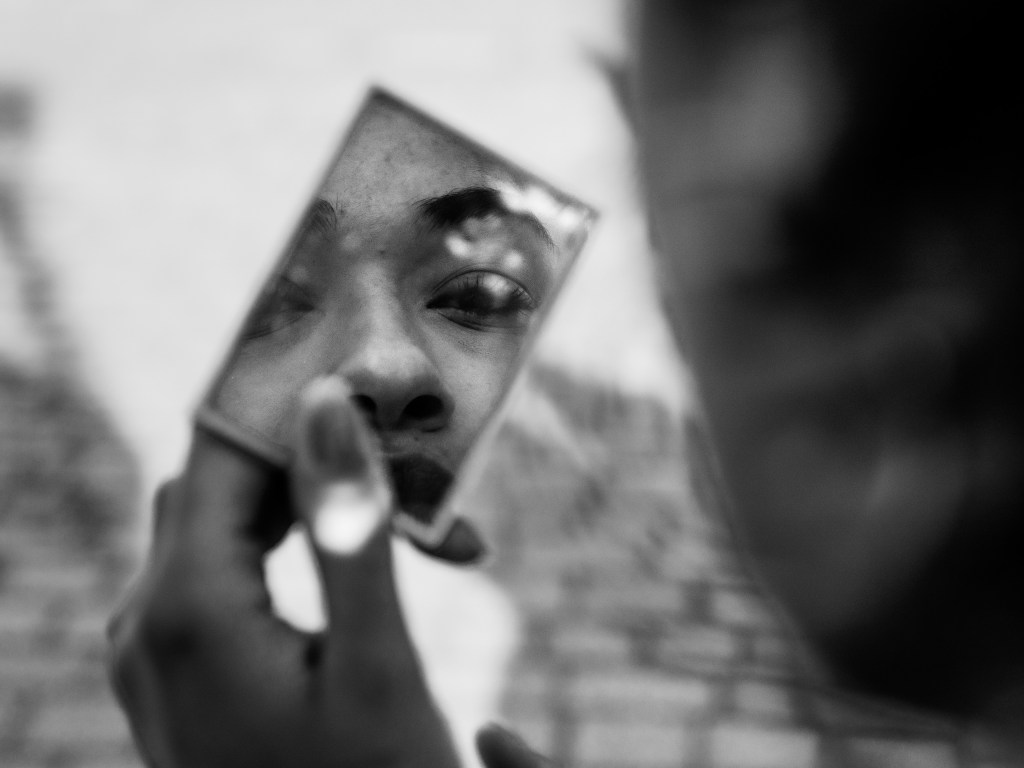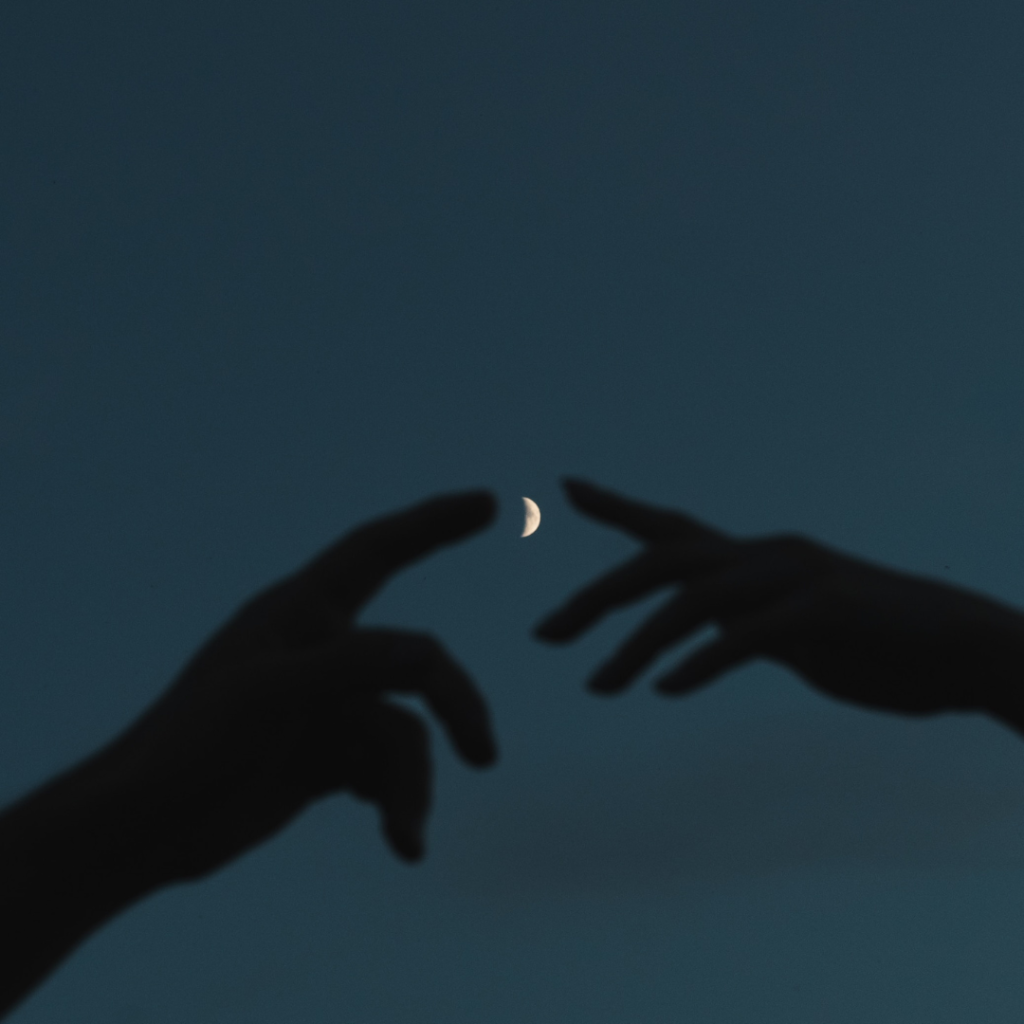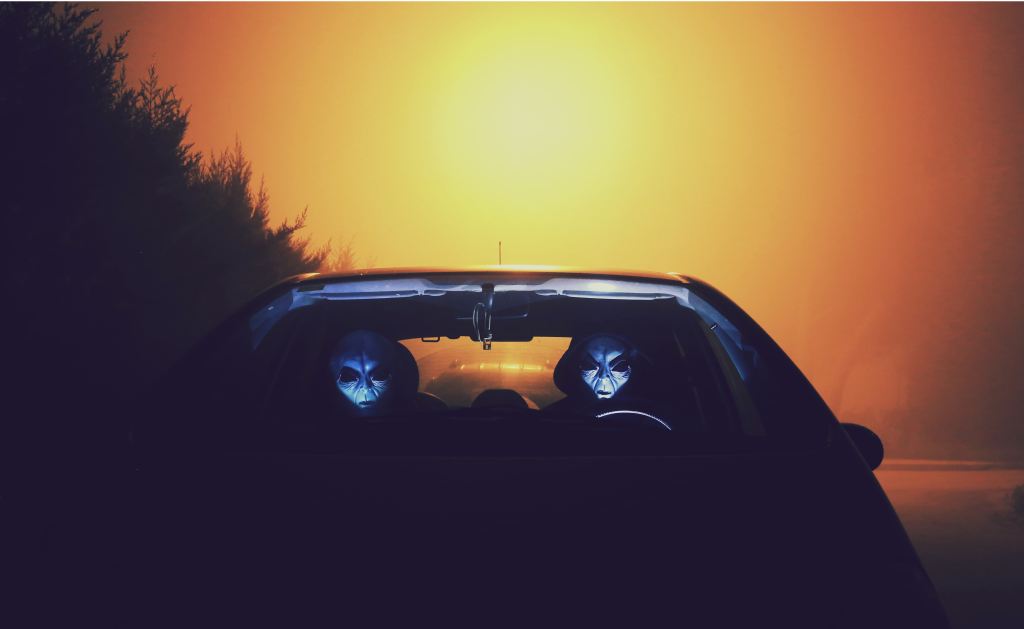
What’s the weirdest thing about human language? We explore linguistic polarity and all its bizarre implications. Embedded in every human grammar is a way of turning a positive clause (I’m listening) into a negative clause (I’m not listening). Grammatical negation is one of the ways we can do denial. (‘I’m not scared of that dog,’ said the three-year-old whose body was telling an entirely different story.)
What would a language without negation look like? My story ‘Negative space’ refers to an (imaginary?) alien language where everything is expressed in the affirmative. Closer to home, we could speculate about the Earth’s own language.
If languages are ways of structuring information, then human languages are uniquely structured around selfhood. Negative polarity works to structure the relationship between self and other, which sometimes means denying the other, sometimes affirming them. Either way it’s a route to intimacy. If human language draws a boundary or a membrane around the distinct self, then the intimacy of negation can be a way of acknowledging and celebrating those boundaries.
The other story I mention in this episode is ‘Lessons in Latin’.
Connect with me and discover my courses on jodieclark.com
Sign up for the Grammar for Dreamers newsletter here: jodieclark.com/newsletter
Subscribe on Apple podcasts, Spotify or wherever you like to listen. Rate, review, tell your friends!









